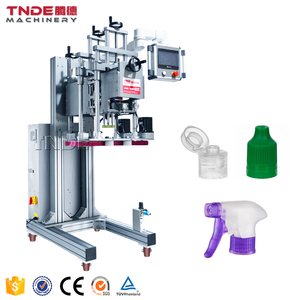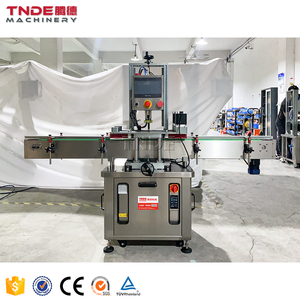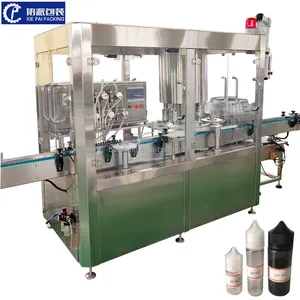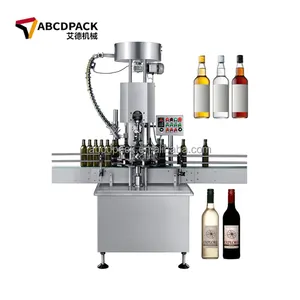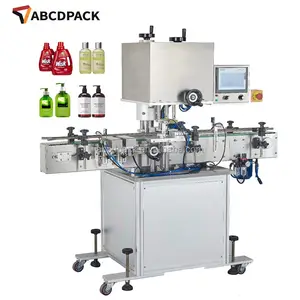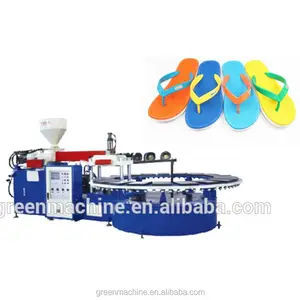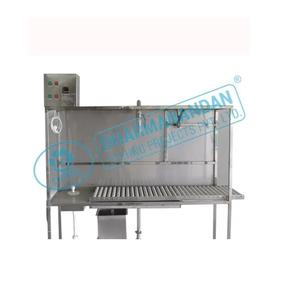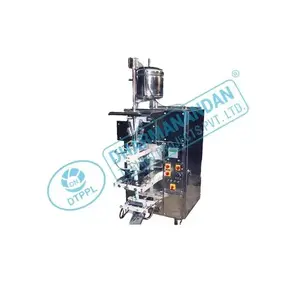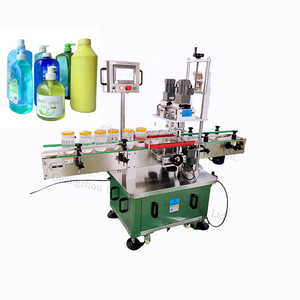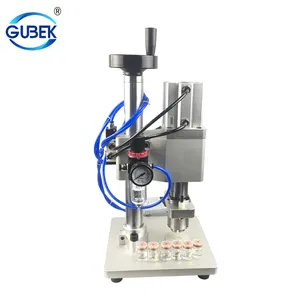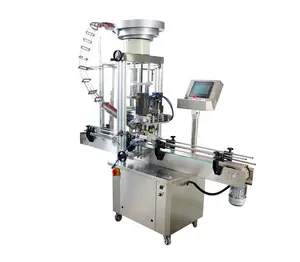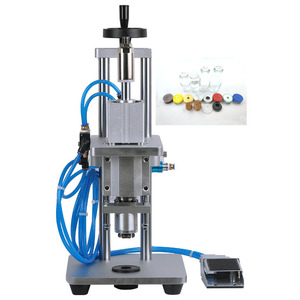Chappal Machine Automatic














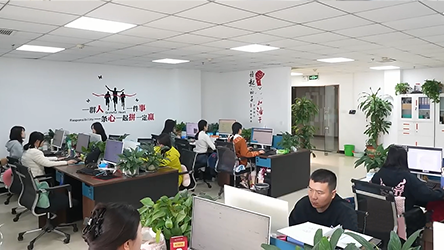

































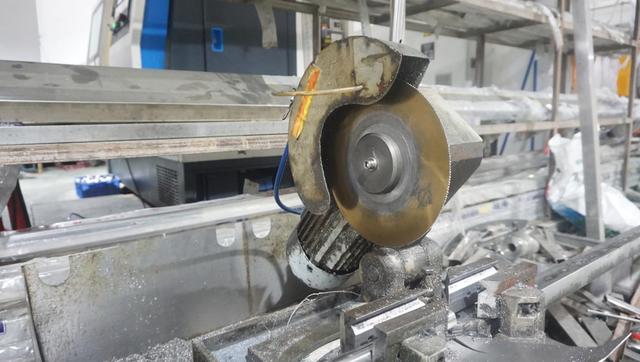

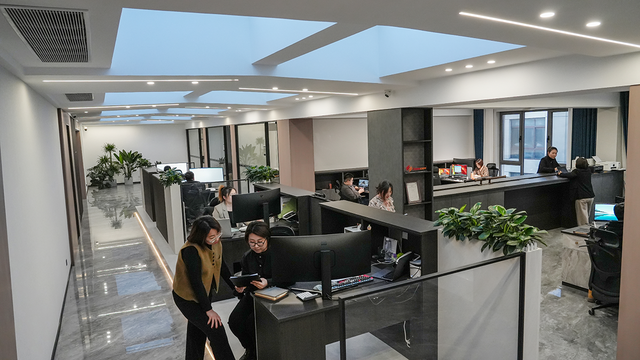
About chappal machine automatic
Where to Find Chappal Machine Automatic Suppliers?
China remains the central hub for automated footwear manufacturing equipment, with key production clusters in Guangdong and Foshan offering specialized expertise in plastic and rubber chappal (flip-flop) machinery. The region hosts vertically integrated supply chains combining mold design, injection systems, and automation engineering under one ecosystem. Guangzhou and Foshan-based manufacturers leverage proximity to polymer processing hubs, reducing material logistics costs by 15–20% compared to offshore alternatives.
These industrial zones support rapid prototyping and scalable production, enabling suppliers to deliver standard automatic chappal machines within 30–45 days. Facilities typically integrate CNC machining, hydraulic system assembly, and PLC-controlled automation lines, allowing for both mass production and customized configurations. Buyers benefit from localized technical talent pools, established export channels, and modular machine designs adaptable to EVA, PVC, and TPR materials.
How to Choose Chappal Machine Automatic Suppliers?
Effective supplier evaluation requires systematic verification across technical, operational, and transactional dimensions:
Technical Specifications & Compliance
Confirm that machines meet core performance benchmarks: cycle times of 6–12 seconds per pair, compatibility with 3D molds, and integration with conveyor systems. While formal certifications (ISO, CE) are not universally listed, prioritize suppliers providing detailed electrical schematics, PLC programming interfaces (e.g., Siemens or Mitsubishi), and safety compliance documentation. Machines operating above 7 bar pressure should include overload protection and emergency stop mechanisms.
Production Capacity & Infrastructure
Assess supplier capability through measurable indicators:
- Facility size and dedicated R&D resources for customization
- In-house mold and mechanical assembly units
- On-time delivery rates exceeding 90% as a proxy for operational stability
Cross-reference product listings with machine specifications such as motor power (typically 3–7.5 kW), voltage compatibility (380V/50Hz standard), and control system type (automatic vs semi-automatic).
Procurement Risk Mitigation
Utilize secure payment frameworks and request pre-shipment inspection rights. Analyze response time metrics—suppliers answering within 3 hours demonstrate stronger customer support infrastructure. For high-value orders, conduct video audits of factory operations and request test run videos of the machine in operation. Sampling is critical: budget for sample costs covering 30–50% of unit price, with lead times averaging 15–25 days depending on complexity.
What Are the Best Chappal Machine Automatic Suppliers?
| Company Name | Location | Online Revenue | On-Time Delivery | Avg. Response | Reorder Rate | Product Range | Price Range (USD) |
|---|---|---|---|---|---|---|---|
| Guangzhou Maiton Automation Packaging Equipment Co., Ltd. | Guangdong, CN | US $290,000+ | 95% | ≤4h | 27% | Filling, Capping, Sealing, Labeling | $2,050–6,500 |
| Shanghai Xiepai Machinery Equipment Co., Ltd. | Shanghai, CN | - | 100% | ≤3h | - | Filling, Sealing, Laser Marking, Monoblock | $8,600–19,200 |
| Foshan Xingle Machinery Equipment Co., Ltd. | Foshan, CN | US $30,000+ | 100% | ≤3h | <15% | Capping, Crimping, Customization Options | $420–9,800 |
| Guangzhou Tengde Machinery Equipment Co., Ltd. | Guangzhou, CN | US $40,000+ | 80% | ≤1h | <15% | Capping, Filling, Labeling, Sealing | $298–4,200 |
| Furui Machinery Inc | Foshan, CN | - | - | ≤5h | - | Manual/Automatic Capping, Wrapping | $3,150–3,230 |
Performance Analysis
Guangzhou Maiton stands out with the highest reported online revenue and a 27% reorder rate, indicating consistent buyer retention and mid-tier pricing competitiveness. Shanghai Xiepai offers premium automation solutions with full monoblock fill-capper systems, backed by a perfect on-time delivery record despite limited public financial data. Foshan Xingle combines customization flexibility with reliable fulfillment, while Guangzhou Tengde leads in responsiveness (<1 hour) but shows lower delivery performance at 80%. Furui Machinery presents a narrow product range focused on capping applications, with uniform pricing across models suggesting standardized output.
FAQs
How to verify chappal machine supplier reliability?
Evaluate suppliers based on documented on-time delivery rates (>90%), response times (<3 hours preferred), and product-specific technical documentation. Request machine operation videos, PLC interface details, and material compatibility charts. Prioritize suppliers with diversified packaging machinery portfolios, as this often reflects broader engineering capabilities.
What is the typical minimum order quantity (MOQ)?
The standard MOQ for automatic chappal machines is 1 set, allowing small-scale buyers to procure without volume commitments. Some suppliers offer bundled deals for complete production lines including conveyors, mold trolleys, and cooling stations at reduced per-unit cost.
Can suppliers customize chappal machines for specific molds?
Yes, most suppliers support customization for mold size, sole thickness (up to 50mm), and heel height. Advanced models accommodate interchangeable mold plates and programmable heating zones. Confirm compatibility with your mold dimensions and material feed system before finalizing design specifications.
What are common power and automation configurations?
Standard machines operate on 380V/50Hz three-phase power with 3–7.5 kW motors. Control systems range from basic relay logic to full PLC + HMI setups with touchscreens. High-speed models achieve 80–160 BPM (bottles per minute equivalents in capping terms), though actual chappal output depends on curing time and mold complexity.
How to handle shipping and installation?
Suppliers typically offer FOB terms; buyers arrange freight and customs clearance. For complex installations, inquire about remote commissioning support or technician dispatch services (at additional cost). Ensure site readiness with proper power supply, floor space (minimum 10m²), and ventilation for heated molding processes.

